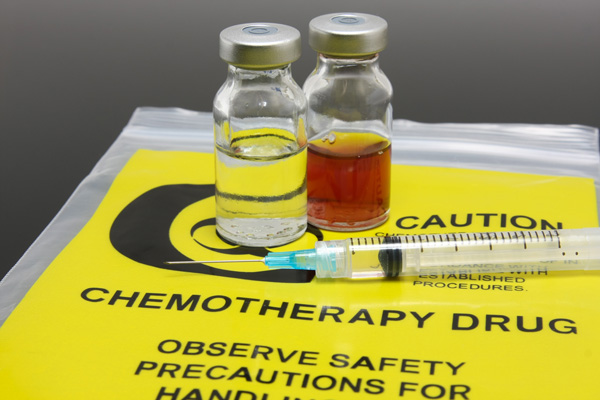Safe Handling of Hazardous Drugs
Antineoplastic drugs (AD) used in treatment of cancer are important tools in the fight against these diseases. Despite known adverse health effects such as reproductive effects and cancer, patients receiving these drugs benefit from their treatment, so the risk is balanced by the benefit—but healthcare workers gain no benefit from being exposed to antineoplastic drugs in the course of caring for these patients. There are an estimated eight million healthcare workers engaged in cancer care who may be at risk of exposure.
Studies of oncology nurses hsow that they are, however, at risk of spontaneous abortions, congenital malformations, mutagenic effects in blood cells and suggestions of elevated risks for leukemia, breast, and rectal cancers as a result of skin contact with contaminated surfaces. Other healthcare professionals are also at risk, including oncology pharmacy and custodial workers, volunteers and family caregivers.

